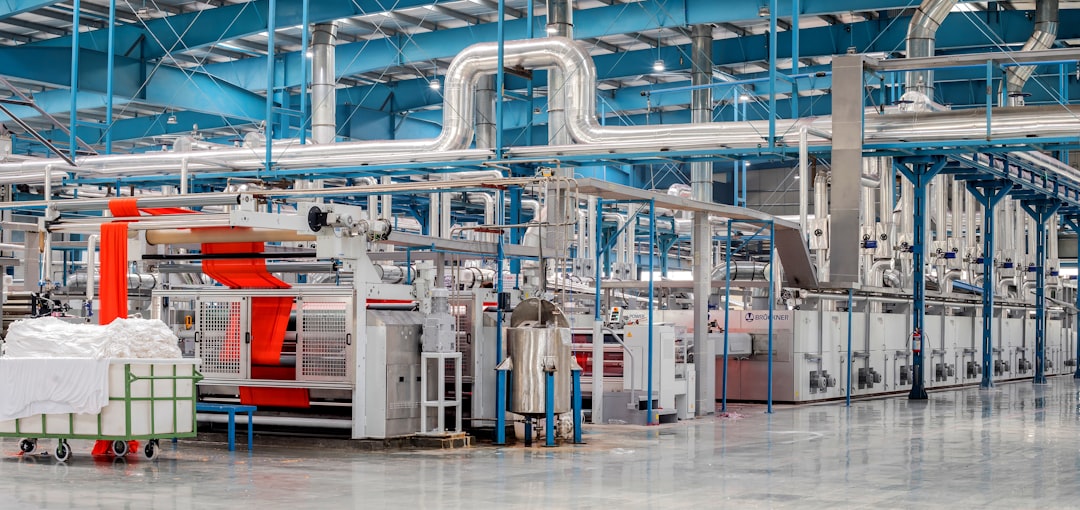Continuous improvement in manufacturing practices is crucial for businesses to stay competitive and thrive in today’s market. As the manufacturing industry evolves and technology advances, companies must adapt and improve their processes to remain efficient, cost-effective, and innovative.
One of the primary benefits of continuous improvement in manufacturing is increased productivity. By regularly evaluating and refining processes, companies can identify areas of inefficiency and implement changes to streamline operations. This can lead to higher output, reduced waste, and ultimately, improved profitability.
Furthermore, continuous improvement helps companies stay ahead of the curve in terms of quality control. By constantly monitoring and analyzing production processes, companies can identify potential defects or issues early on, preventing costly recalls or customer dissatisfaction. This focus on quality also helps businesses build a reputation for delivering consistent, high-quality products that customers can trust.
In addition to productivity and quality benefits, continuous improvement in manufacturing practices can also lead to increased employee engagement and satisfaction. When employees are empowered to identify and implement process improvements, they feel more invested in the success of the company and are more likely to be motivated to perform at their best. This can result in lower turnover rates, higher morale, and a more positive workplace culture overall.
Continuous improvement also fosters a culture of innovation within manufacturing companies. By encouraging employees to think creatively and seek out new and better ways of doing things, companies can drive breakthroughs in product design, technology, and overall business strategy. This can give companies a competitive edge in the market and help them stay ahead of changing consumer demands and industry trends.
One of the keys to successful continuous improvement in manufacturing is the use of data-driven decision-making. By collecting and analyzing data on key performance indicators, companies can pinpoint areas for improvement and track the impact of changes over time. This data-driven approach allows businesses to make informed decisions about where to focus their efforts and resources, ensuring that improvements are targeted and effective.
Overall, continuous improvement is essential for manufacturing companies to remain competitive, efficient, and profitable in today’s fast-paced business environment. By embracing a culture of continuous improvement and investing in the tools and resources necessary to drive change, companies can position themselves for long-term success and growth. The benefits of continuous improvement extend beyond the manufacturing floor to impact all aspects of the business, making it a worthwhile investment for companies of all sizes and industries.

